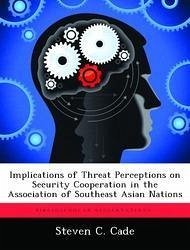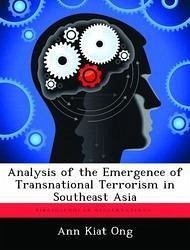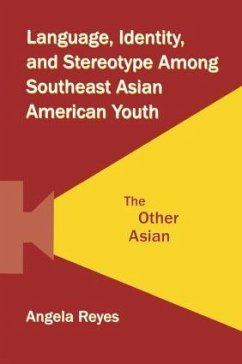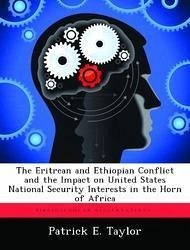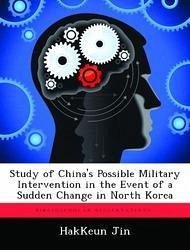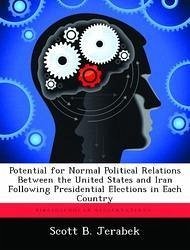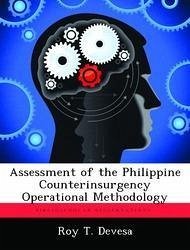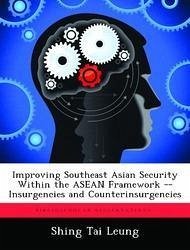
Improving Southeast Asian Security Within the ASEAN Framework -- Insurgencies and Counterinsurgencies
Versandkostenfrei!
Versandfertig in über 4 Wochen
52,99 €
inkl. MwSt.
Weitere Ausgaben:

PAYBACK Punkte
26 °P sammeln!
Since the end of the Cold War, changing global dynamics have brought about important political, social and economic developments to Southeast Asia. Foreign relations between the Southeast Asian states have also improved, reducing intra-regional tensions to the degree where inter-state armed conflicts are no longer likely. The domestic security situation of some Southeast Asian nations, however, remain precarious as local insurgencies resulting from political disagreements, ideological divergences and socio-economic gaps continue to plague these states. Terrorism, a second-order effect of these...
Since the end of the Cold War, changing global dynamics have brought about important political, social and economic developments to Southeast Asia. Foreign relations between the Southeast Asian states have also improved, reducing intra-regional tensions to the degree where inter-state armed conflicts are no longer likely. The domestic security situation of some Southeast Asian nations, however, remain precarious as local insurgencies resulting from political disagreements, ideological divergences and socio-economic gaps continue to plague these states. Terrorism, a second-order effect of these conflicts, has also become a security concern as regional terrorist groups, such as the Jemaah Islamiah and the Abu Sayyaf Group, have been working with global jihadist organizations to establish an ideological presence within these troubled states. If unchecked, these threats could potentially disrupt the peace in Southeast Asia and de-stabilize the region. This thesis will analyze Southeast Asia's ongoing insurgencies as well as its counterinsurgency efforts. It will examine whether the Association of Southeast Asian Nations (ASEAN), under the constraints imposed by its organizational principles, is able to play a more significant role than it has thus far in improving regional security by addressing the problem of insurgencies within its member states.





